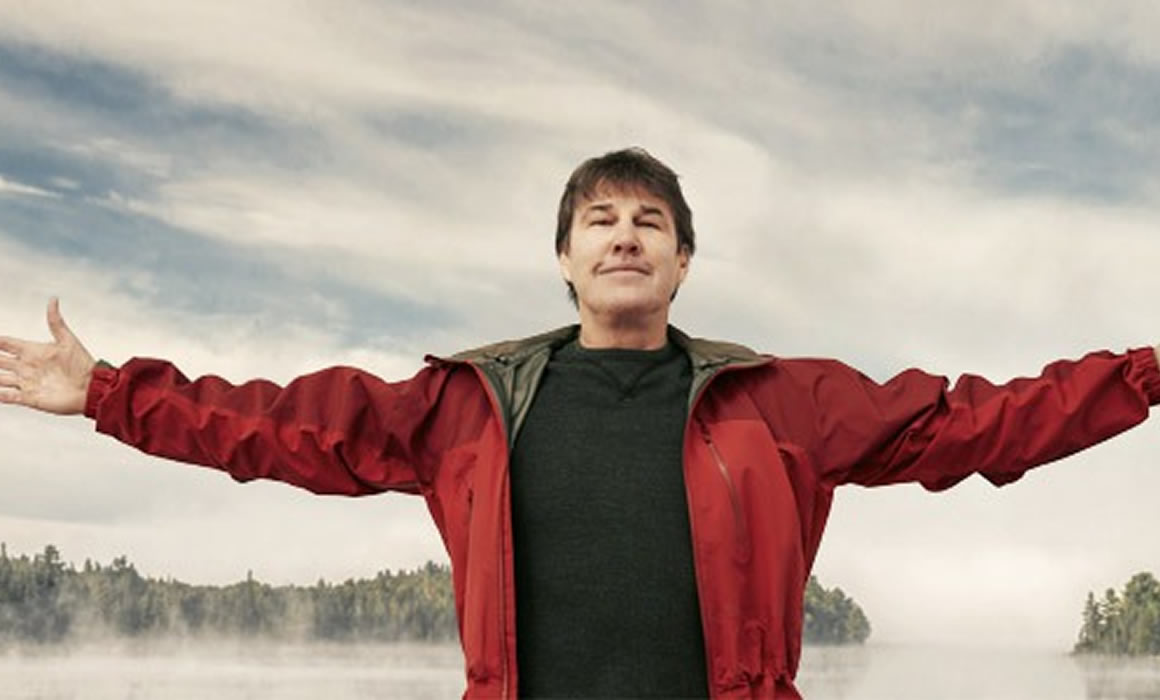
| Party | Lake Superior Watershed Conservancy, Tourist Information Kiosks |
| Industry | Arts, Culture, Recreation and Sport |
| Problem | Lack of amenities on the Trans Canada Trail |
| Solution | |
| Outcome | |
| Impact |
The new Lake Superior Water Trail provides paddlers with the amenities and safety information needed for an epic adventure, following the opening of the universally accessible water trail access points and tourist information kiosks in July 2017.
Joanie and Gary McGuffin are founders of the Lake Superior Watershed Conservancy, the international non-profit organization that partnered with Trans Canada Trail to create the access points with the kiosks and amenities, with the support of the Northern Ontario Heritage Fund Corporation (NOHFC). This 1,000-kilometre Lake Superior Water Trail is part of the larger Trans Canada Trail, also known as The Great Trail.
For the kiosks, the McGuffins and the Lake Superior Watershed Conservancy selected 16 main access points along the Canadian coastline of Lake Superior, spanning from Gros Cap Marina Park near Sault Ste. Marie to Thunder Bay’s Lorne Allard Fisherman’s Park. This was done in partnership with Canadian Lighthouses of Lake Superior and municipalities, parks and First Nation communities.
Unifying feature
The three-sided kiosks include a general map and safety information, local history of the area around each access point, and photos and maps connecting the water trail to local hiking trails, parks and attractions. The kiosks are a unifying feature of the Lake Superior Water Trail. “NOHFC was instrumental in partnering to fund the kiosks,” Joanie says. Part way through the project, the Canadian dollar slumped, increasing the estimated cost of the project and shrinking the budget. “So when NOHFC came in as a partner to help us with this, it was really at the eleventh hour for the 2017 celebrations (of the official opening of the Trans Canada Trail) to get these done.”
Fully accessible
As part of the project, the Lake Superior Watershed Conservancy, with the access point partners, installed accessible amenities including composting toilets, bear-proof garbage and recycling containers, dog waste disposal stations, as well as picnic tables and canoe/kayak launch docks.
They didn’t construct any roads or parking lots as the locations already had them. But what they did was make the pathways accessible. “The docks are amazing because you can go from your car, in a wheelchair, to the dock, get into your kayak and out onto the lake all on your own. And that’s pretty cool to do that,” Joanie says.
The McGuffins hope the Water Trail access points with the information kiosks will attract more visitors to Lake Superior, as well as increase tourism opportunities for businesses in the communities along the shore.
Next Success Story
 Pilot Demonstration and Commercialization Projects, Applied Research and Tech. Development Projects
Pilot Demonstration and Commercialization Projects, Applied Research and Tech. Development ProjectsNorth Bay-based MetricAid uses analytics to build highly customizable physician schedules for emergency and non-emergency departments so they can more effectively manage their patient flow.